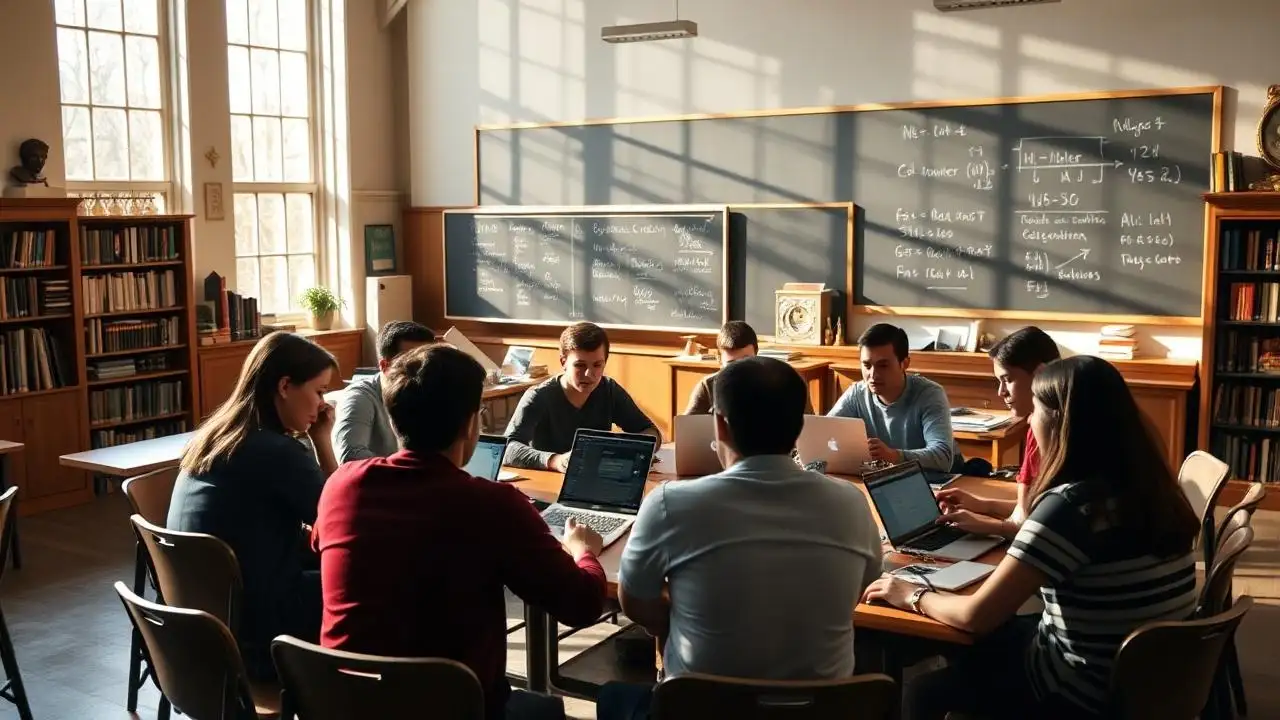
In recent years, the landscape of education in the United States has undergone significant transformations. From budget cuts to policy shifts, the very foundation of American education is facing unprecedented challenges. These issues threaten to undermine the quality, accessibility, and future of American learning institutions. It becomes clear that piecemeal reforms and policy tweaks are insufficient; instead, what is needed is a comprehensive overhaul enshrined in the Constitution itself. This article explores why a constitutional amendment to protect U.S. education is not just desirable but an urgent necessity for safeguarding America’s educational future.
The Current State of U.S. Education: A Growing Crisis
Before delving into the solution, it’s essential to understand the gravity of the present crisis. American education is at a crossroads, with several pressing issues exacerbating the problem:
- Funding Disparities: There exists a stark disparity in funding between wealthy and underserved districts, leading to unequal educational opportunities.
- Policy Instability: Frequent changes in federal and state policies create an unpredictable environment for educators and students alike.
- Privatization and Deregulation: The increasing push towards privatization risks undermining public institutions, depriving communities of their education hubs.
- Curriculum Controversies: Political interference in curriculum decisions hampers academic freedom and hampers critical thinking skills development.
- Access and Equity Issues: Marginalized communities continue to face barriers, including inadequate resources, discrimination, and systemic neglect.
These challenges threaten the core mission of public education—equipping every student with the skills and knowledge required to thrive. Without decisive action, the future quality and accessibility of U.S. education stand at serious risk.
The Limitations of Current Reforms
Why Incremental Changes Are Insufficient
Many argue for reforms such as increased funding, curricular adjustments, or federal oversight. While these measures may offer short-term relief, they fall short of addressing the fundamental root causes of the systemic issues:
- Fragmented Efforts: State-level efforts often lack coordination, leading to inconsistent standards nationwide.
- Political Fluctuations: Education policies are vulnerable to shifts in political control, causing reversals and uncertainty.
- Lack of Long-Term Stability: Temporary budgets and policies cannot guarantee enduring protection for educational institutions.
- Limited Federal Authority: Existing constitutional provisions limit the federal government’s ability to enforce nationwide standards or protections.
Need for a Fundamental Constitutional Safeguard
Given these limitations, policymakers and educators alike recognize that a more permanent solution is required—namely, a constitutional guarantee that explicitly secures the right to quality education for every American. Such an amendment would provide a legal framework resistant to political whims and short-term policy changes.
The Case for a Constitutional Amendment
Ensuring Uniformity and Equity
By embedding education rights within the Constitution, we would establish a baseline of quality and access that all states are obliged to maintain. This would help in:
- Reducing disparities: Guaranteeing equal resources and opportunities regardless of geographic location or socioeconomic status.
- Stabilizing policies: Offering long-term certainty for educators, students, and policymakers.
- Promoting accountability: Holding governments accountable for providing a constitutional right to education.
Protecting Public Education from Political Interference
At present, many educational initiatives are susceptible to partisan politics. A constitutional amendment would insulate core educational rights from such interference, ensuring that:
- Curricula are based on academic standards: Free from ideological manipulation.
- Funding is protected: Shielding public schools from arbitrary cuts or privatization efforts.
- Educational institutions are resilient: Able to withstand political changes and continue serving their communities effectively.
Explicitly Defining Education as a Fundamental Right
Several other countries recognize education as a fundamental human right enshrined in their constitutions. In the U.S., although education is highly valued, it is not explicitly protected in the Constitution. Formal recognition would affirm its importance and obligate the government to uphold this right at all levels.
Legal and Social Benefits of a Constitutional Amendment
Adopting a constitutional amendment dedicated to education offers multiple benefits:
- Legal Clarity: Clearly codifies the right to education, providing a basis for legal challenges against discriminatory or neglectful practices.
- Long-term Security: Offers durable protection that cannot easily be reversed by transient policy shifts.
- Promotion of Innovation: Encourages investments in educational innovation, knowing that the right is legally protected.
- Community Empowerment: Strengthens local communities’ ability to advocate for better educational resources and policies.
Challenges and Counterarguments
Despite its compelling case, the idea of amending the Constitution to include education rights faces several hurdles:
- Political Resistance: Some policymakers oppose constitutional amendments, viewing them as unnecessary or overly complex.
- Federal vs. State Authority: A constitutional change could create tensions between federal directives and state control, potentially complicating governance.
- Implementation Difficulties: The wording and scope of such an amendment would need careful drafting to avoid ambiguities or unintended consequences.
However, the potential benefits—such as enduring protections and the promotion of equitable access—outweigh these challenges. Strategic advocacy, bipartisan support, and public engagement can help surmount these obstacles.
Conclusion: A Call to Action
As the nation grapples with mounting educational disparities and systemic vulnerabilities, the time has come to consider bold, constitutional-level reforms. An amendment dedicated to safeguarding the right to quality education would cement this essential societal pillar in the foundational legal framework of the United States. It is a proactive step towards ensuring that every child, regardless of background, has access to the opportunities that education affords.
In summary, the case for a constitutional amendment to protect U.S. education is compelling because it offers stability, equity, and a clear legal guarantee of the right to quality learning. Now is the moment for policymakers, educators, and citizens to come together and push for constitutional change that secures the future of American education for generations to come.
For more updated news please keep visiting Prime News World.








